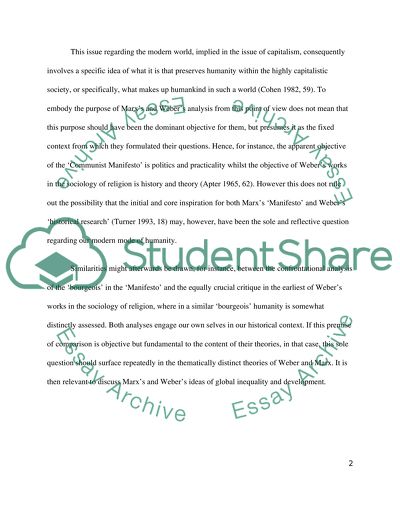Cite this document
(“Global inequality and develpment Essay Example | Topics and Well Written Essays - 2250 words”, n.d.)
Retrieved from https://studentshare.org/environmental-studies/1404828-global-inequality-and-develpment
Retrieved from https://studentshare.org/environmental-studies/1404828-global-inequality-and-develpment
(Global Inequality and Develpment Essay Example | Topics and Well Written Essays - 2250 Words)
https://studentshare.org/environmental-studies/1404828-global-inequality-and-develpment.
https://studentshare.org/environmental-studies/1404828-global-inequality-and-develpment.
“Global Inequality and Develpment Essay Example | Topics and Well Written Essays - 2250 Words”, n.d. https://studentshare.org/environmental-studies/1404828-global-inequality-and-develpment.


